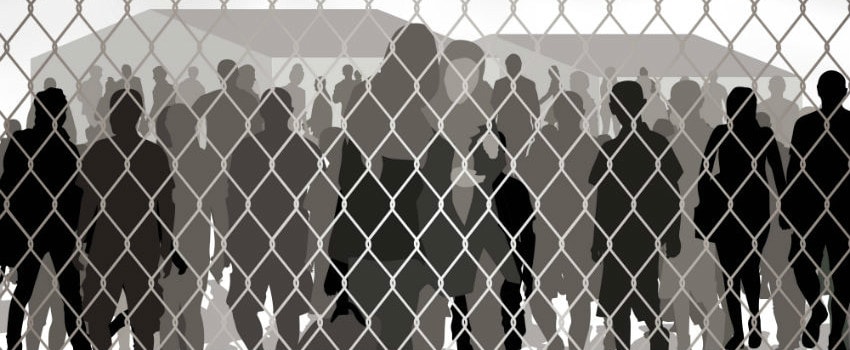
Save the Children says that millions of children in war torn Syria could be living in a state of “toxic” stress as a result of extended exposure to the horrors of war. The charity says that an entire generation of children could be damaged irreversibly without immediate aid. The stress of war has caused children to engage in self harm, bed wetting, attempted suicide and aggressive behaviour. The findings were based on hundreds of interviews with children in Syria.
The largest study of its kind
The study by Save the Children is the largest of its kind covering the mental health and well-being of children stuck in Syria’s protracted civil war which is now 6 years old and has left more than 300,000 people dead. The report titled “Invisible Wounds” concludes with the fact that the mental health crisis of children trapped in the war is simply terrifying. The aid agency spoke to over 450 people as part of its research including kids of various ages, parents, caregivers, teachers, aid workers and teachers.
Almost all children affected
The study found that almost all children and 84 per cent of the adults said bombing and shelling were the main cause of stress for children. Two thirds of children have lost a loved one or had their home bombed or shelled. 71 per cent of those interviewed said that children were increasingly wetting their bed and involuntary urination is a symptom of toxic stress or PTSD. 48 per cent of adults interviewed said they had seen children losing their ability or suffer from speech impediments since the onset of war.
Toxic stress impedes development
About 2.3 million children have managed to flee the conflict in Syria and at least three million children under the age of six have never known anything other than war according to the report. Toxic stress can impede how the brain and other organs develop, increasing the risk of mental health problems developing in adulthood according to researchers.
“After six years of war we are at a tipping point, after which the impact on children’s formative years and childhood development may be so great that the damage could be permanent and irreversible. The risk of a broken generation, lost to trauma and extreme stress, has never been greater ” said Dr Marcia Brophy, a senior mental health adviser with Save the Children.
Study conducted only in safe areas
The research for the report was conducted in parts of Syria where Save the Children and its local partners were able to work. According to the aid agency the survey was conducted in mainly opposition-held areas. The report suggests that kids in areas under the control of either the government or the Islamic State where the agency is unable to work are also more than likely to be experiencing traumatic events.





